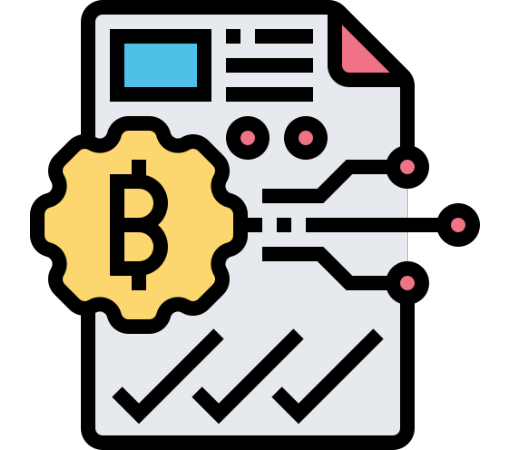Cryptocurrency: The Money of Tomorrow
Cryptocurrency is digital or "virtual" currency that is secured by cryptography and based on a network, or blockchain, that is distributed across a large number of computers. Its decentralized structure allows them to exist outside the control of a central authority (government).
Bitcoin, the first blockchain cryptocurrency to gain notoriety, was launched in 2009 and today is the most popular and widely accepted form of virtual currency. Some of the "largest" cryptocurrencies spawned from Bitcoin, by market cap, includes Ethereum, Binance Coin, and Solana.
Secure, Low Cost, Irreversible: Crypto payments do not require 3rd party verification. This essentially eliminates identity theft and fraud because every transaction is stored across the blockchain general ledger, and he actual payment is stored in a crypto wallet. Crypto transactions are considerably less than traditional transactions (1% compared to 4%). Unlike traditional credit card payments, chargebacks are not possible on crypto payments since the transactions are irreversible.
We Help Businesses Accept Cryptocurrency: Our first cryptocurrency payment integration was developed and launched in 2012, and we've helped hundreds of companies accept cryptocurrency as a form of payment since then.



